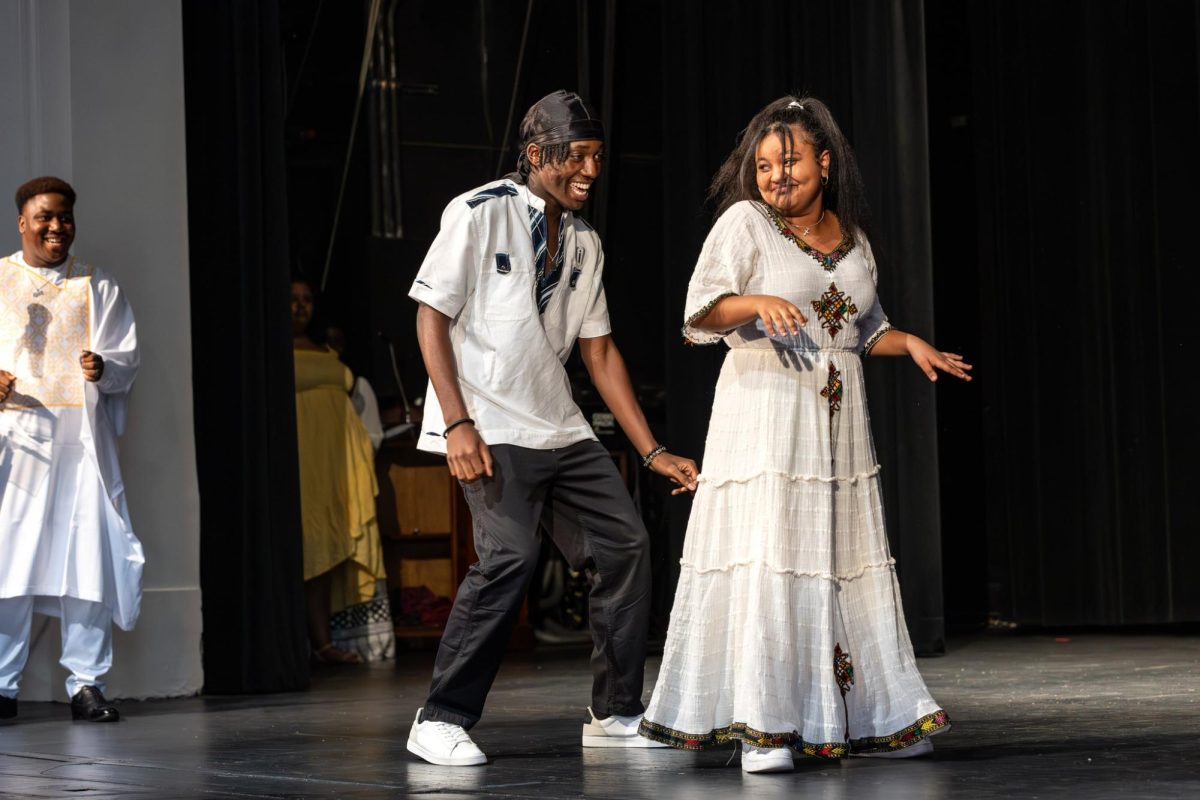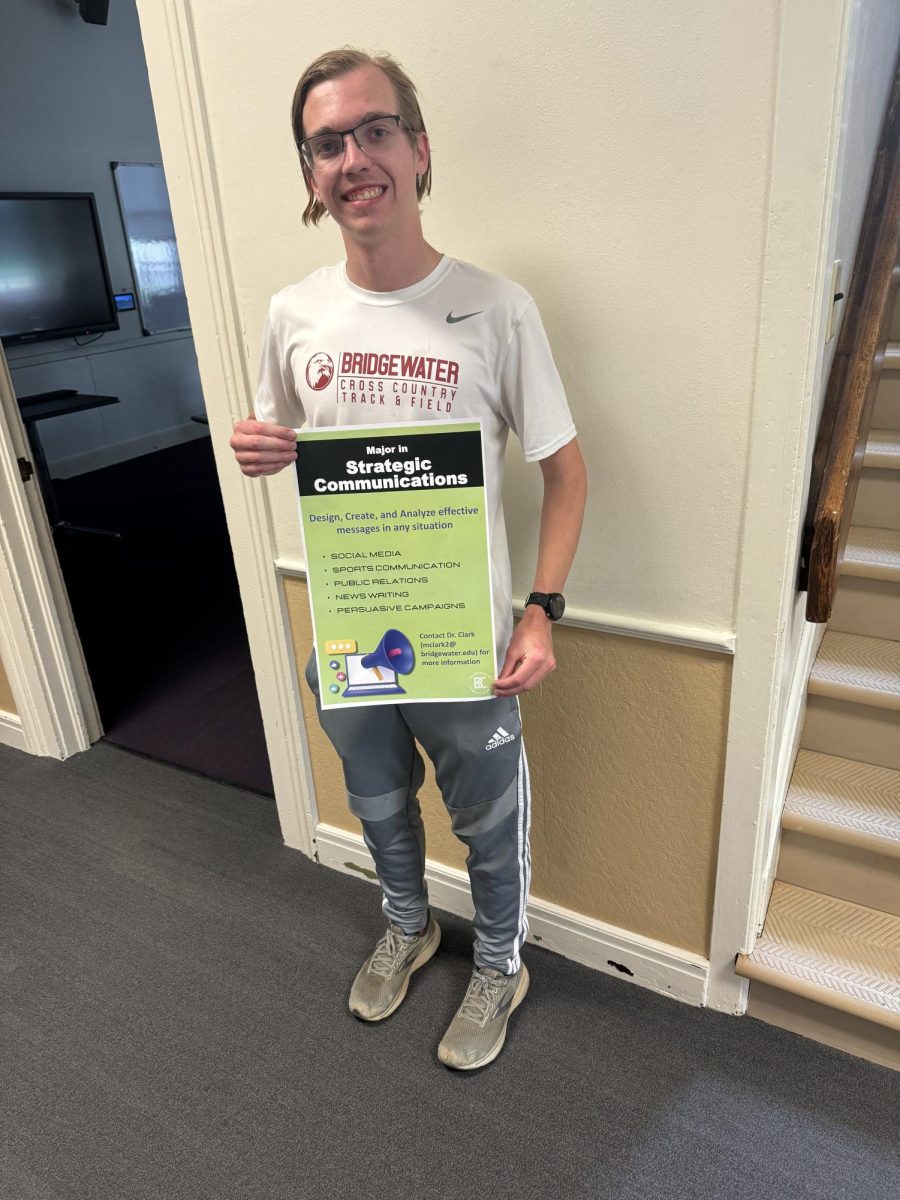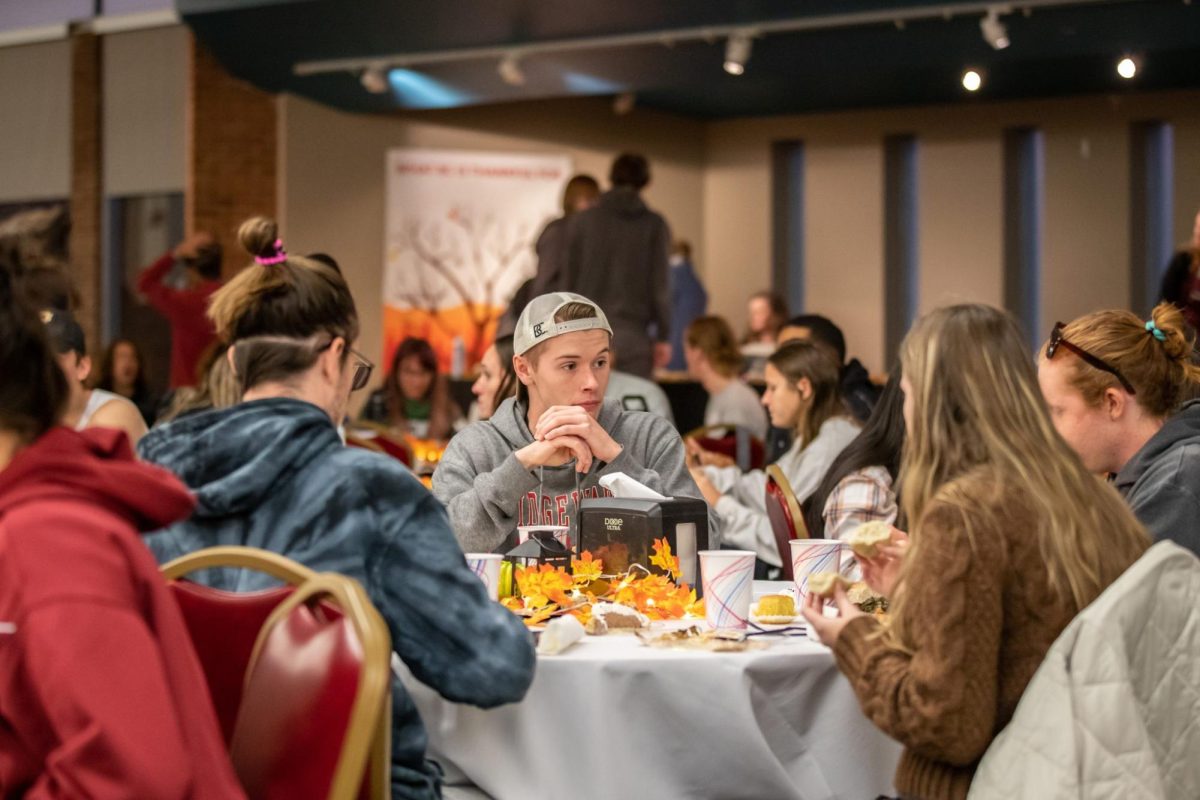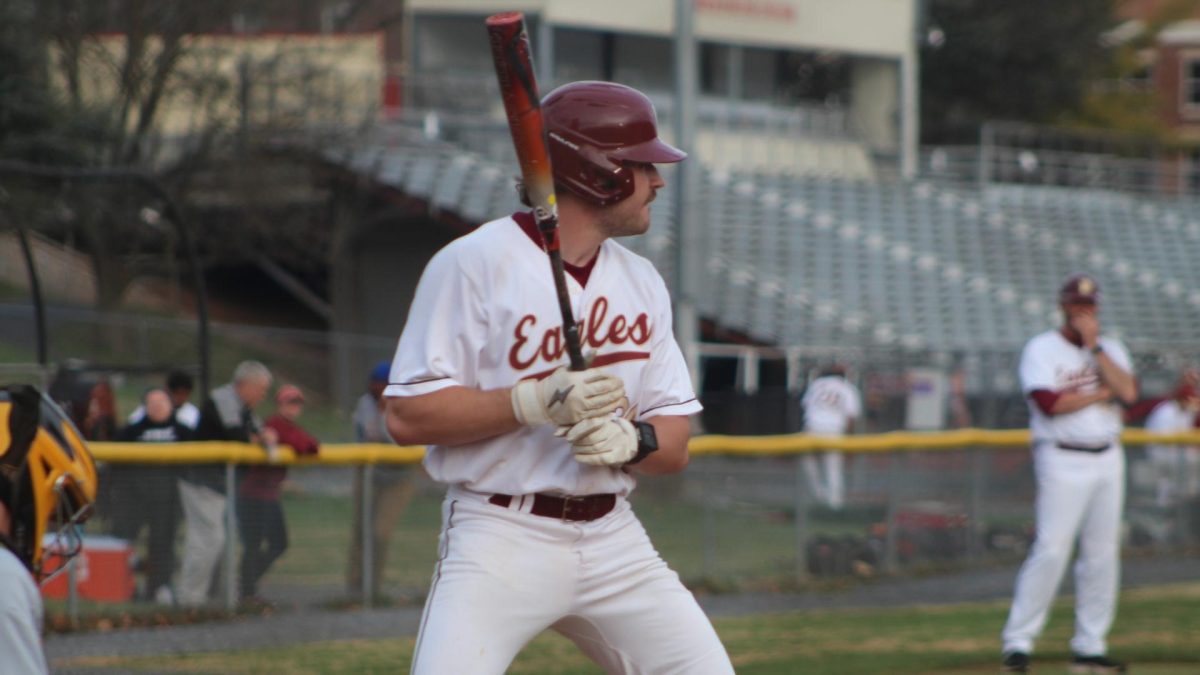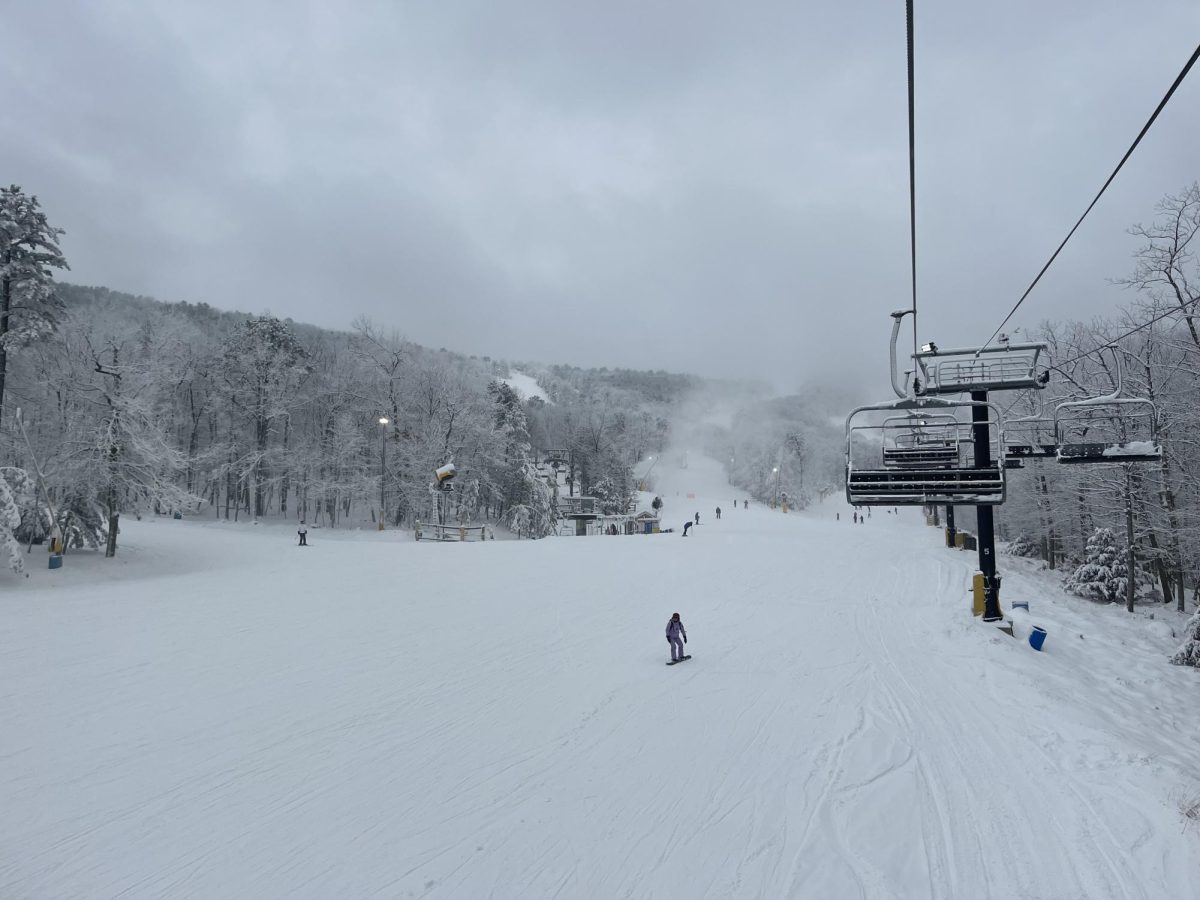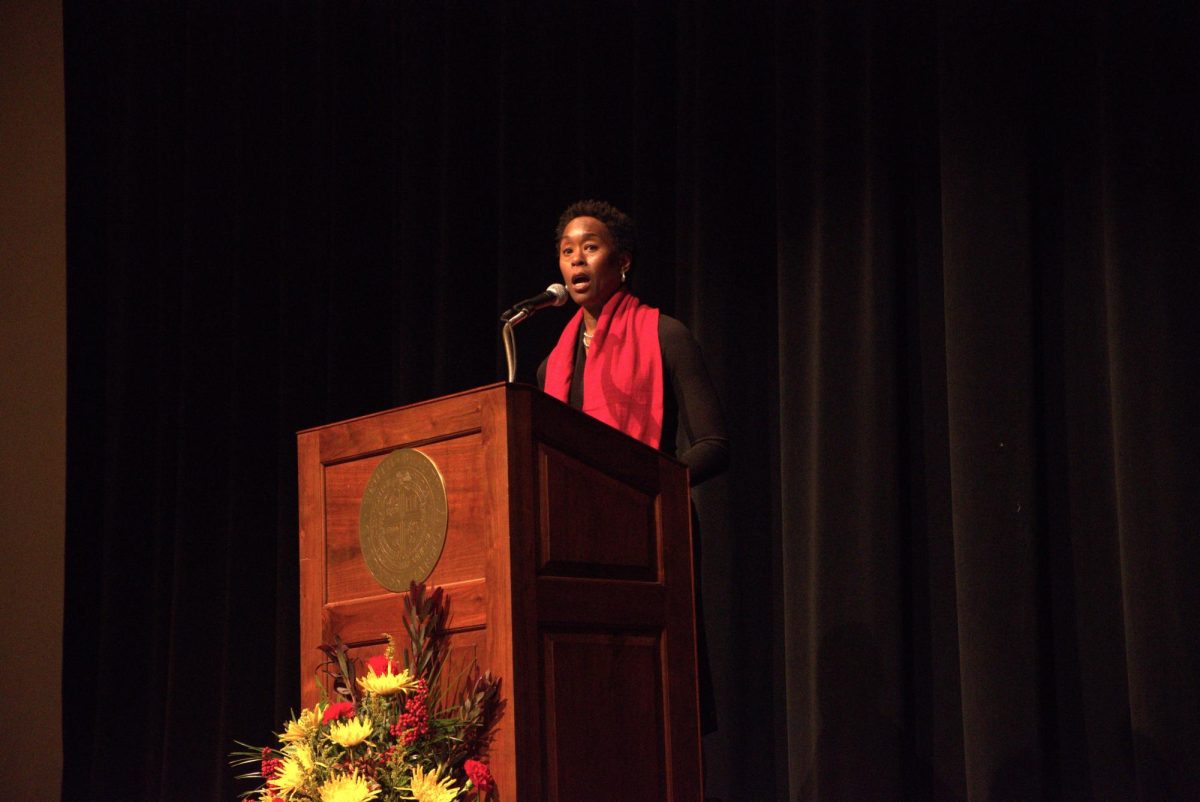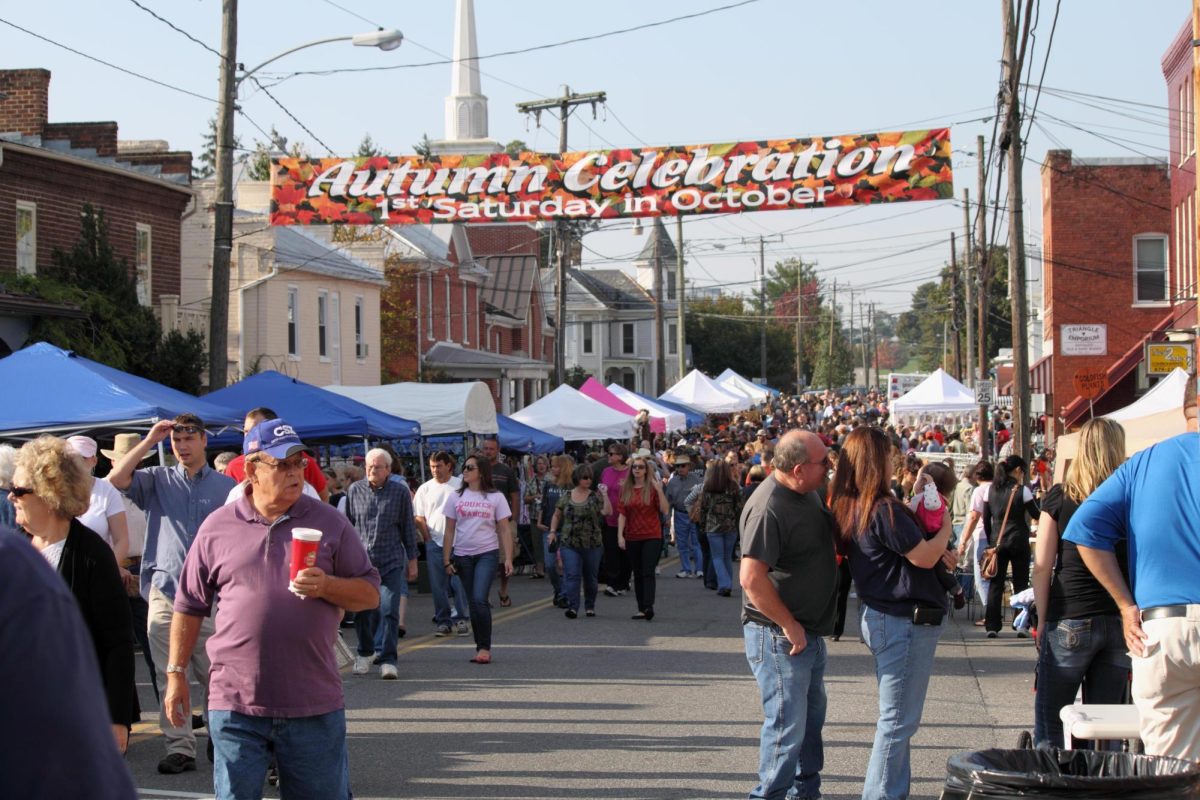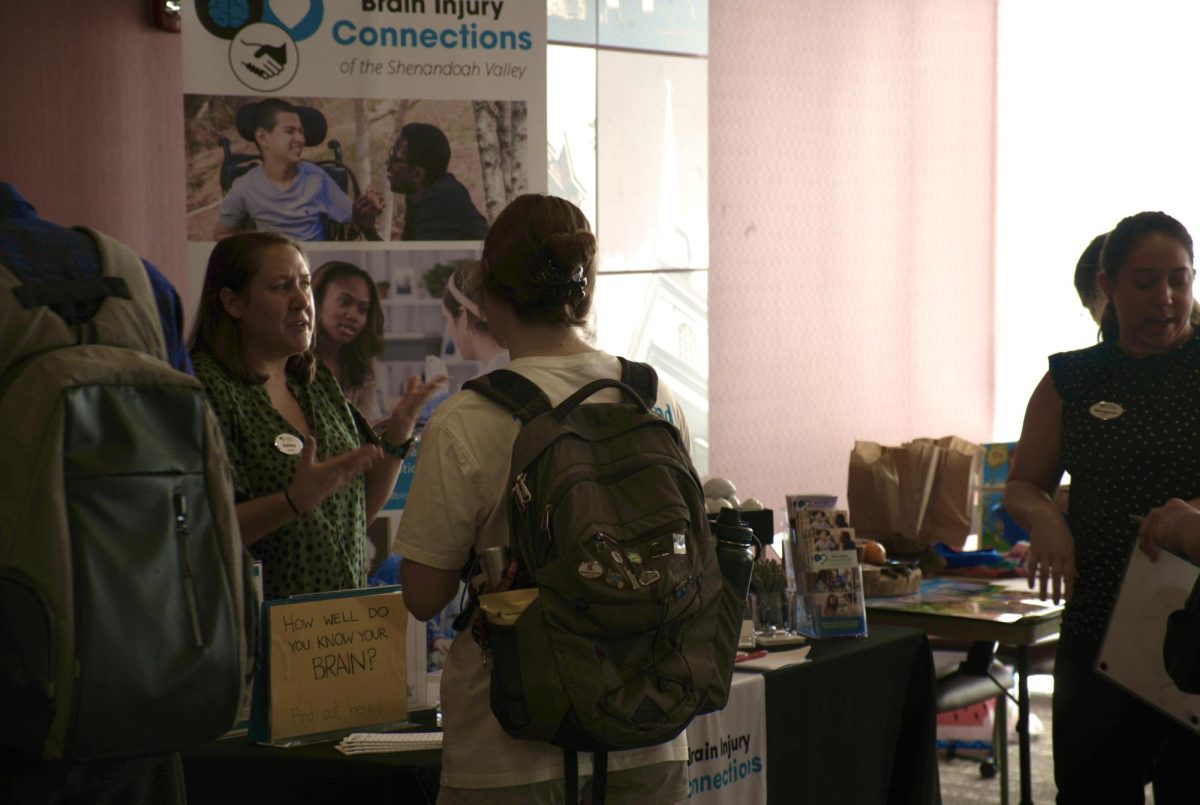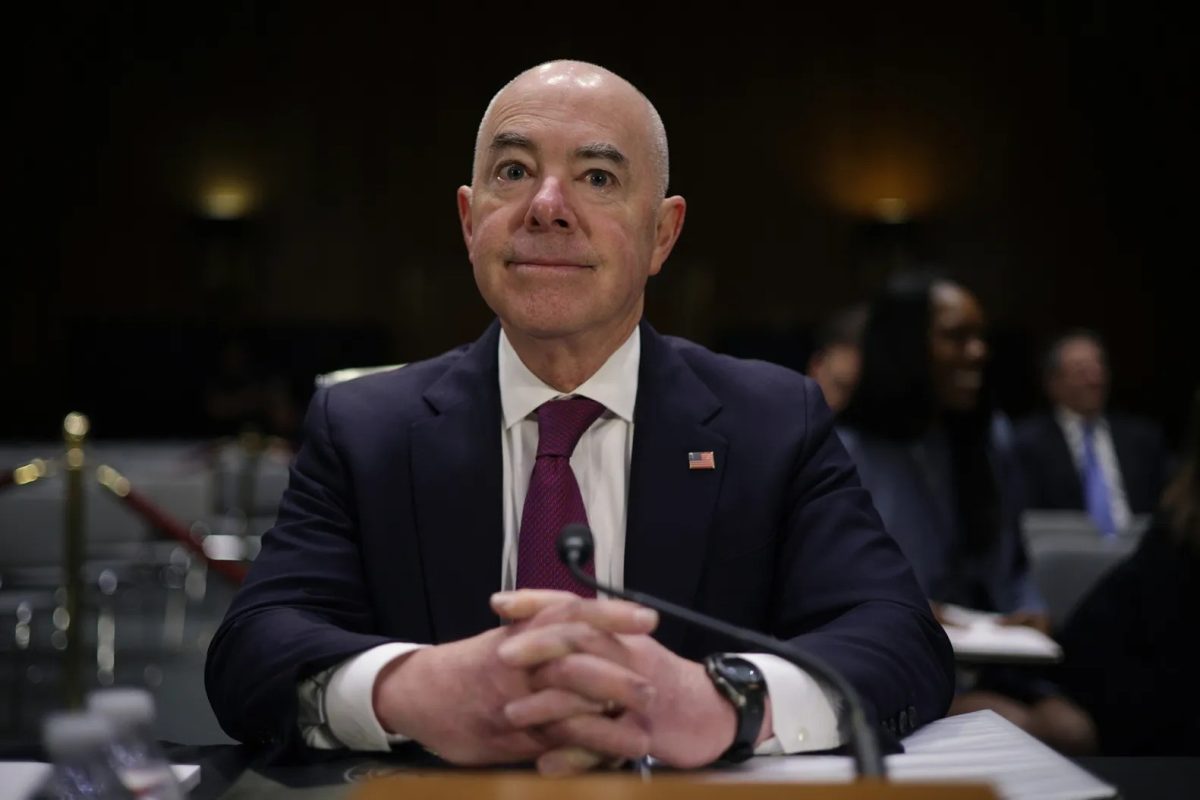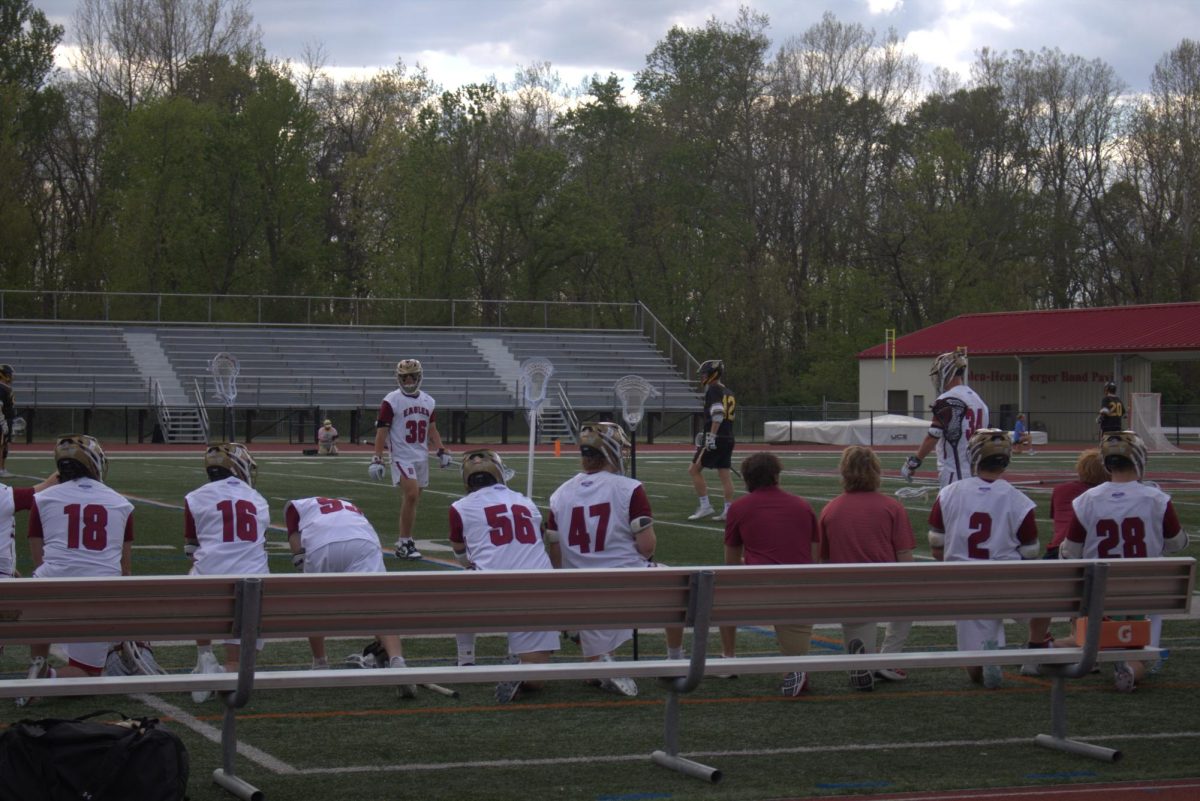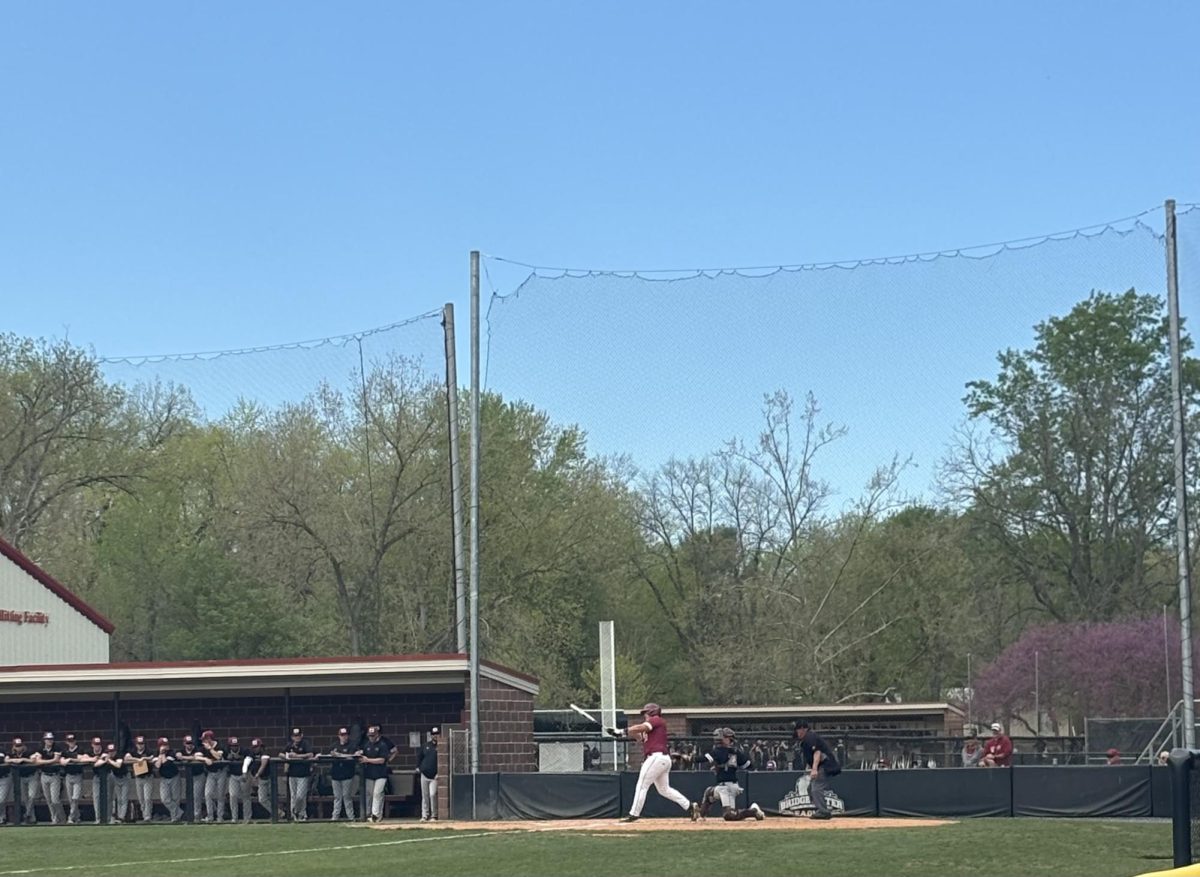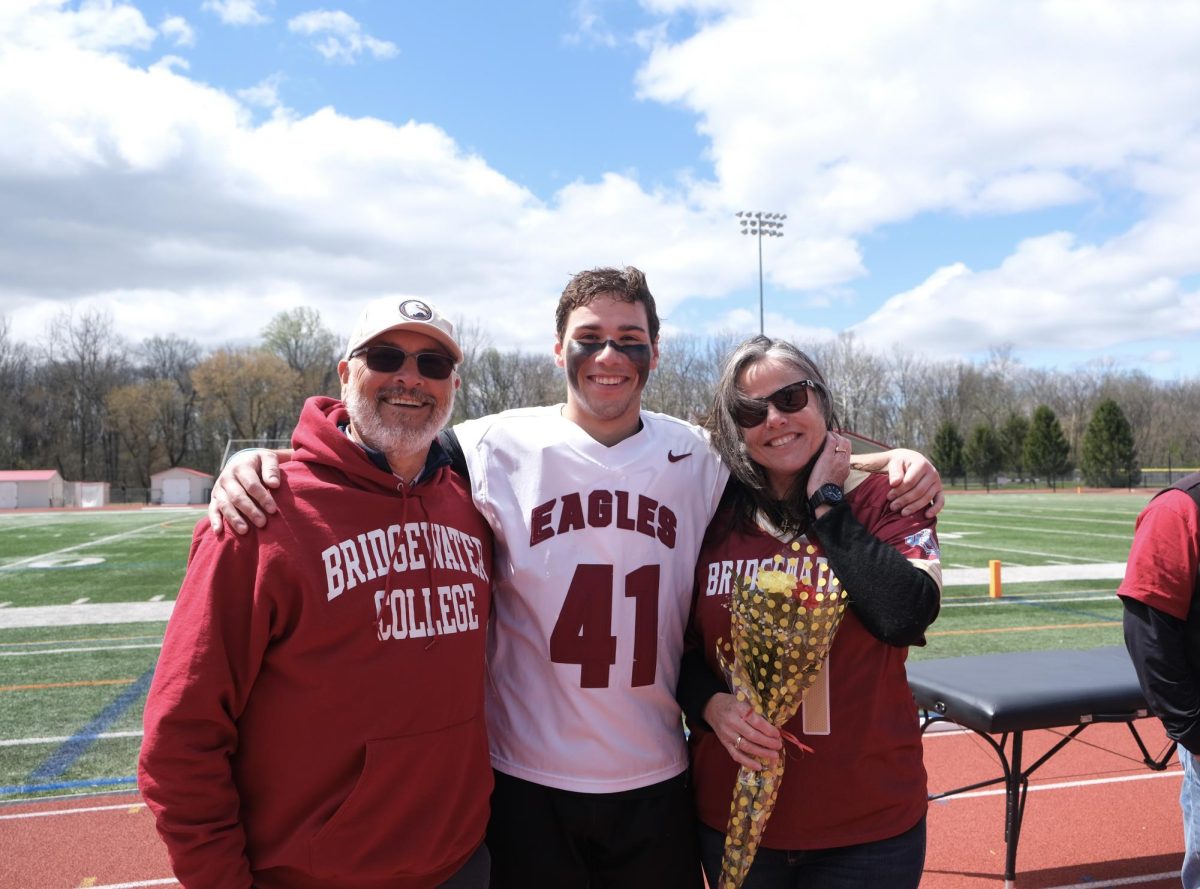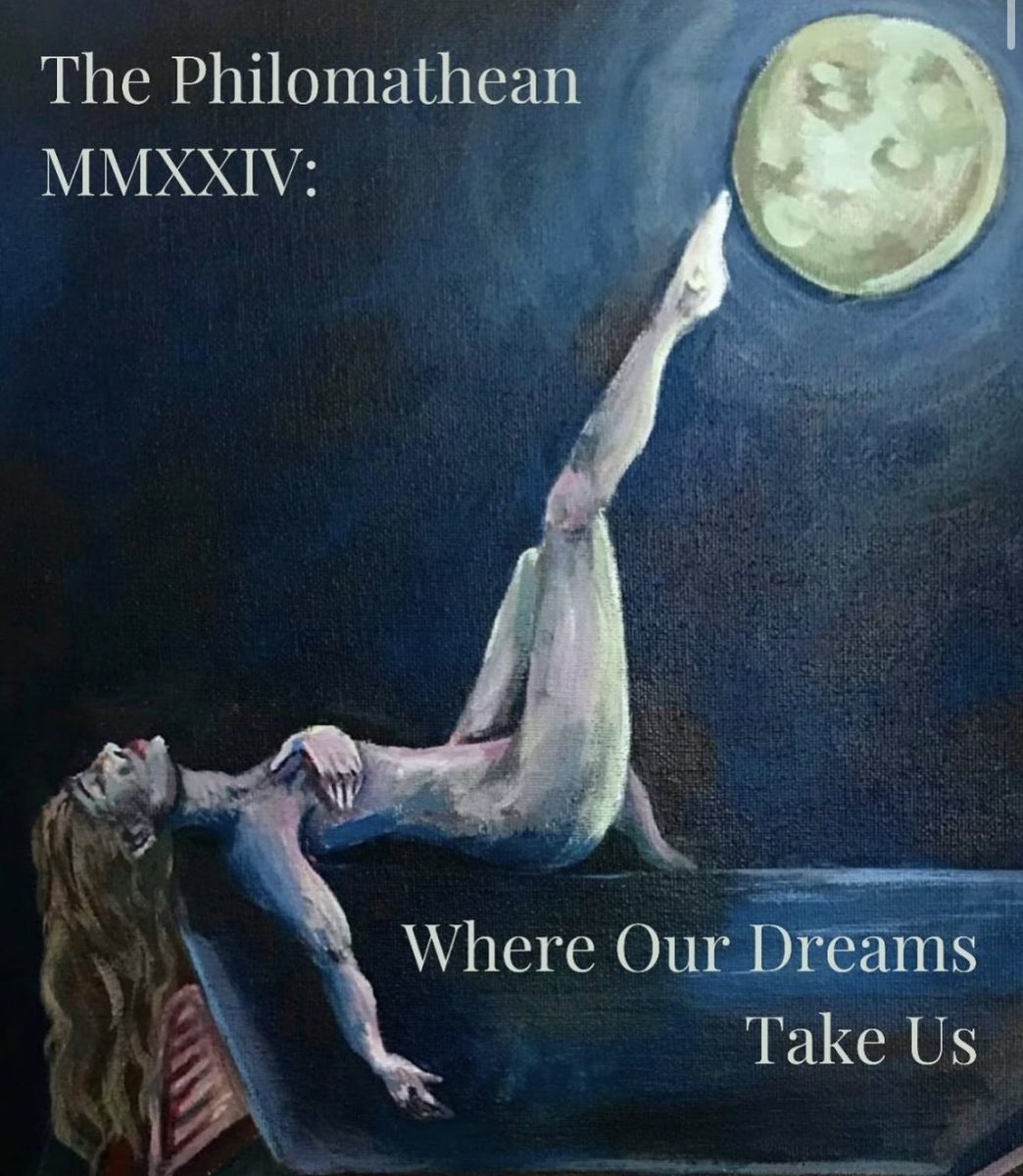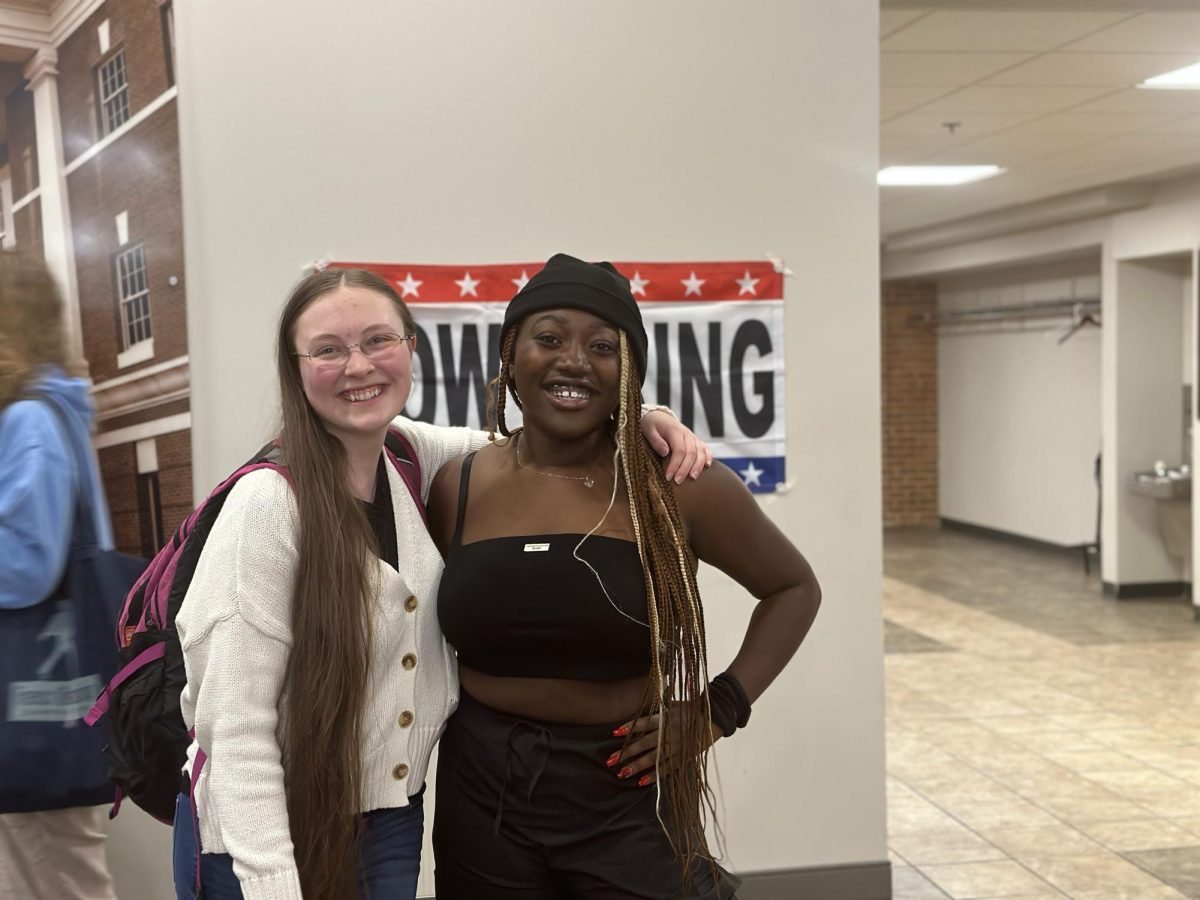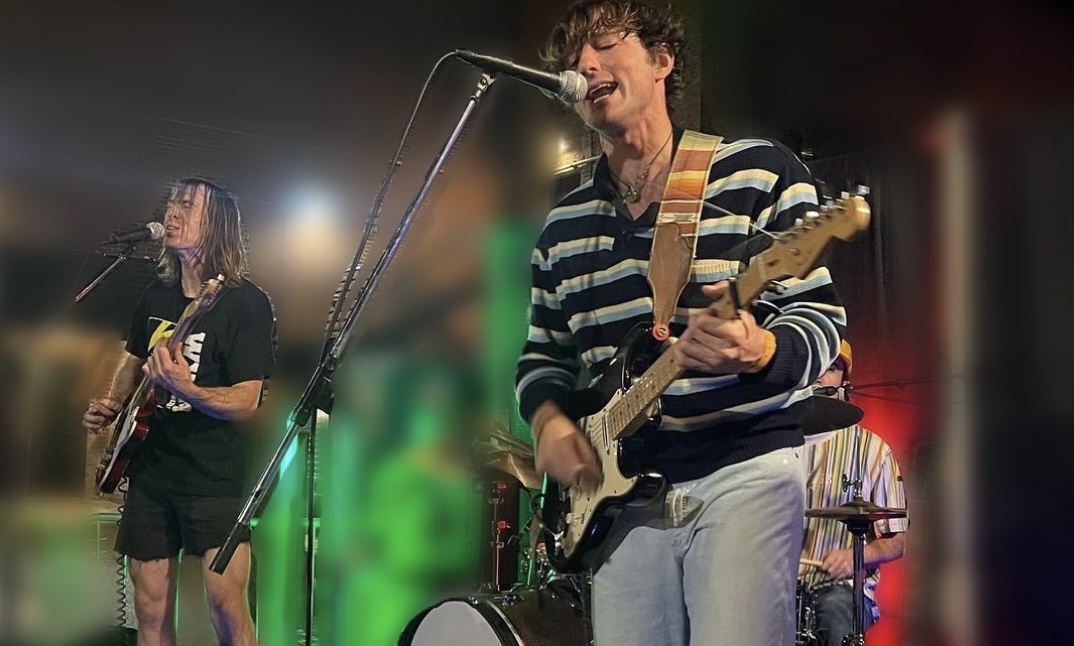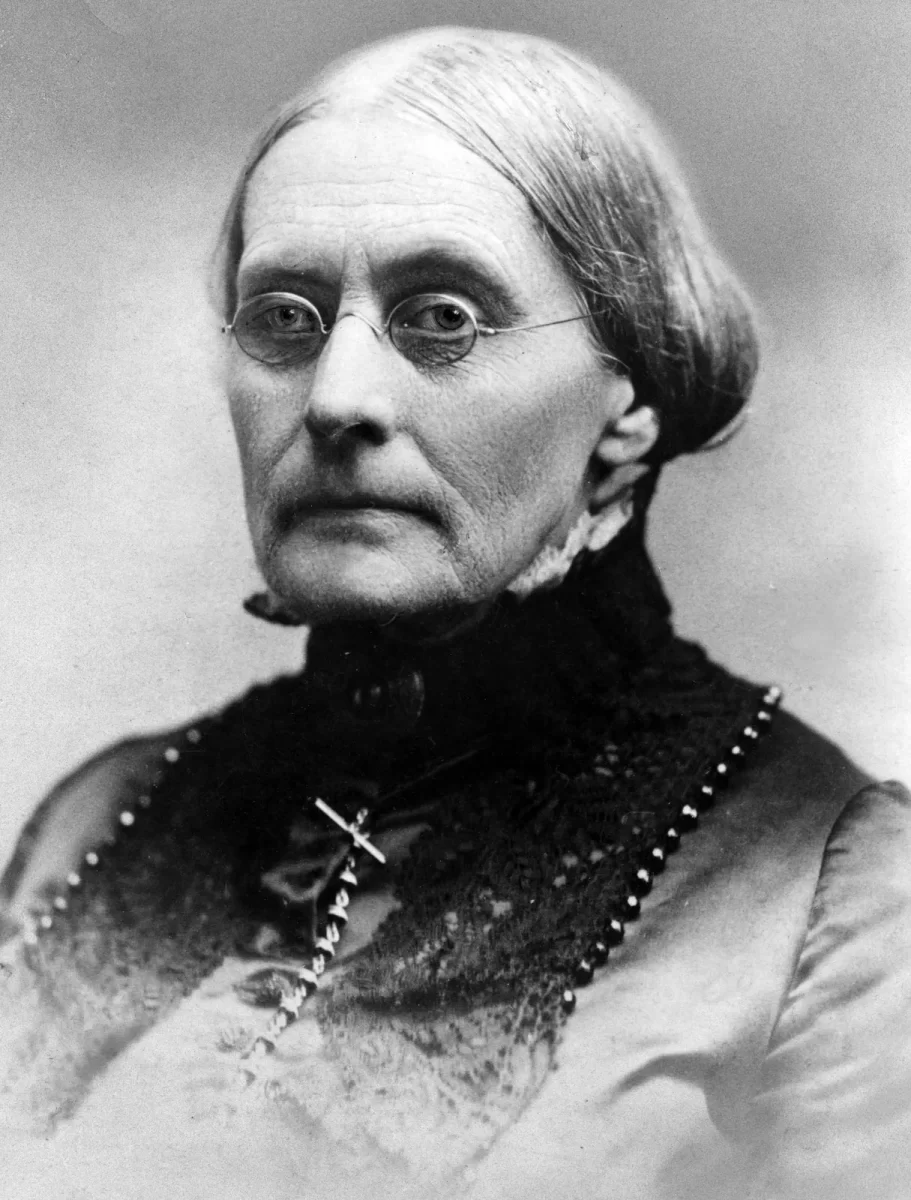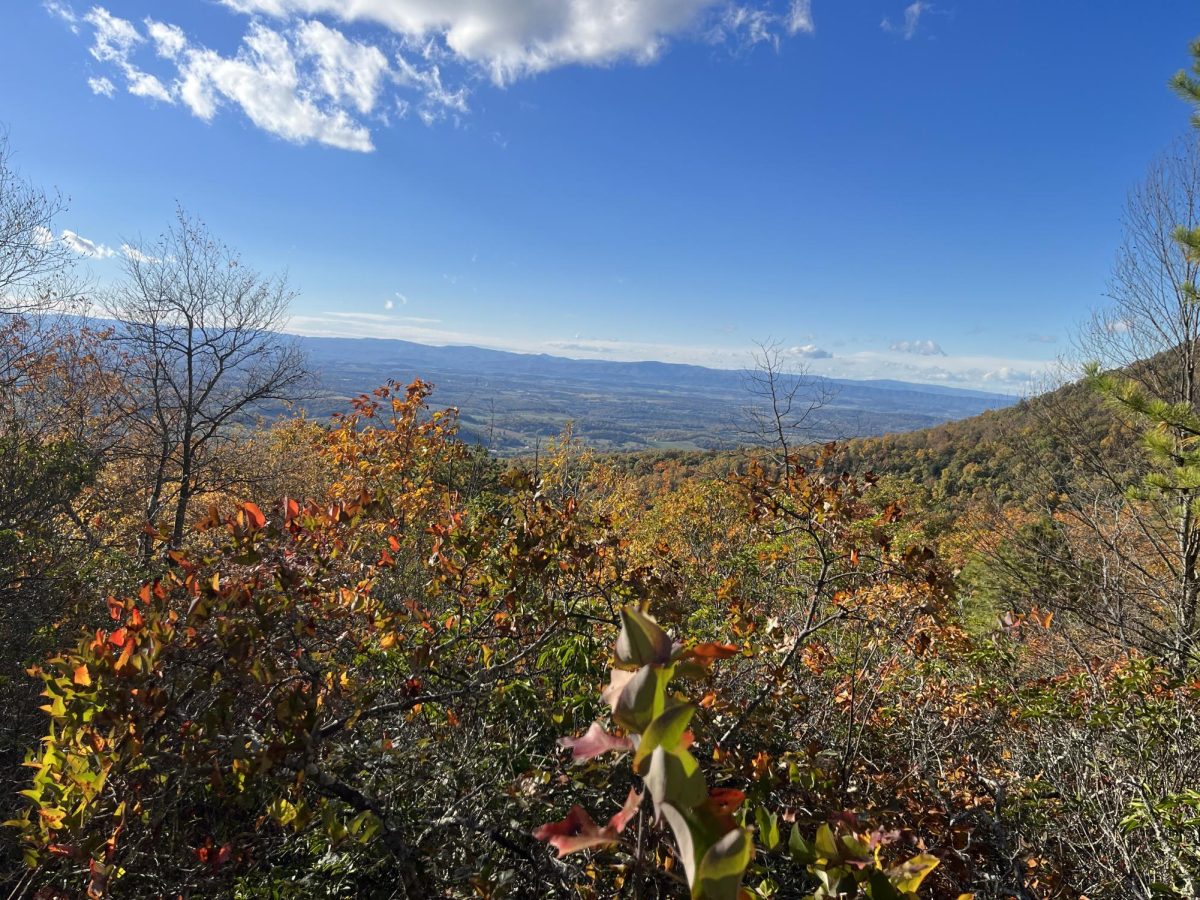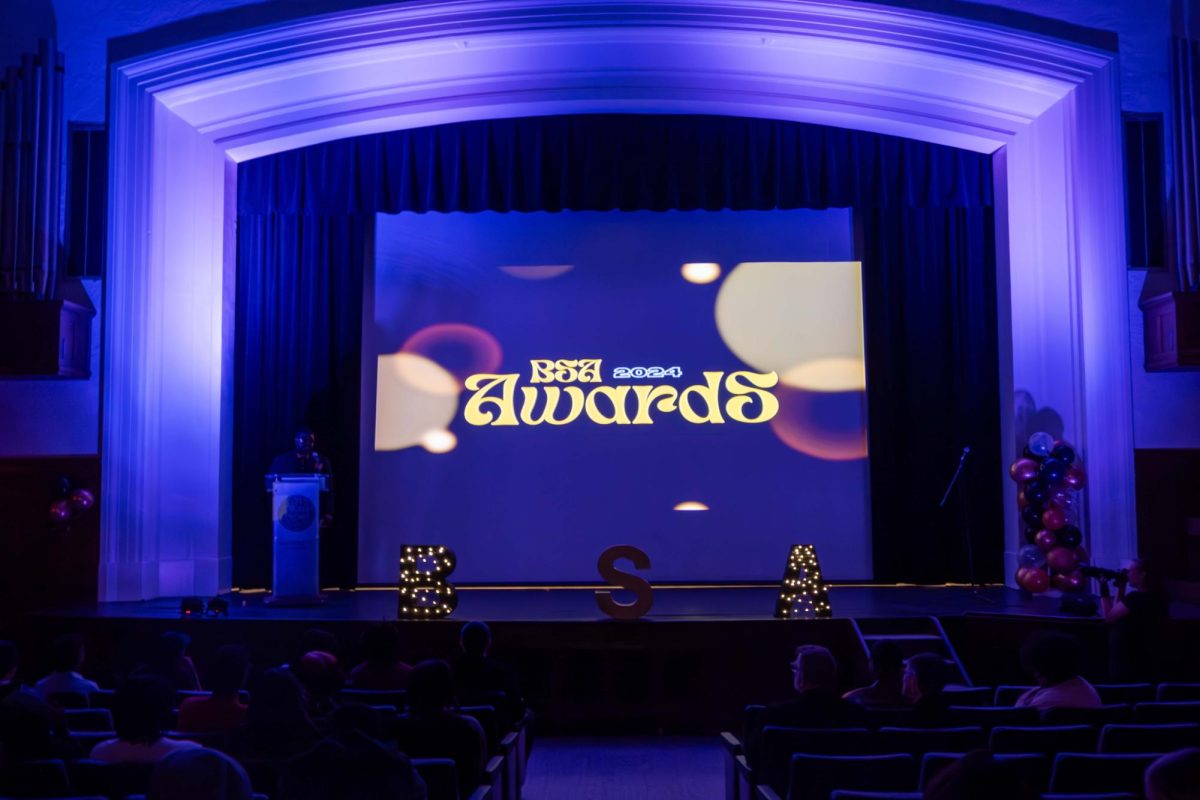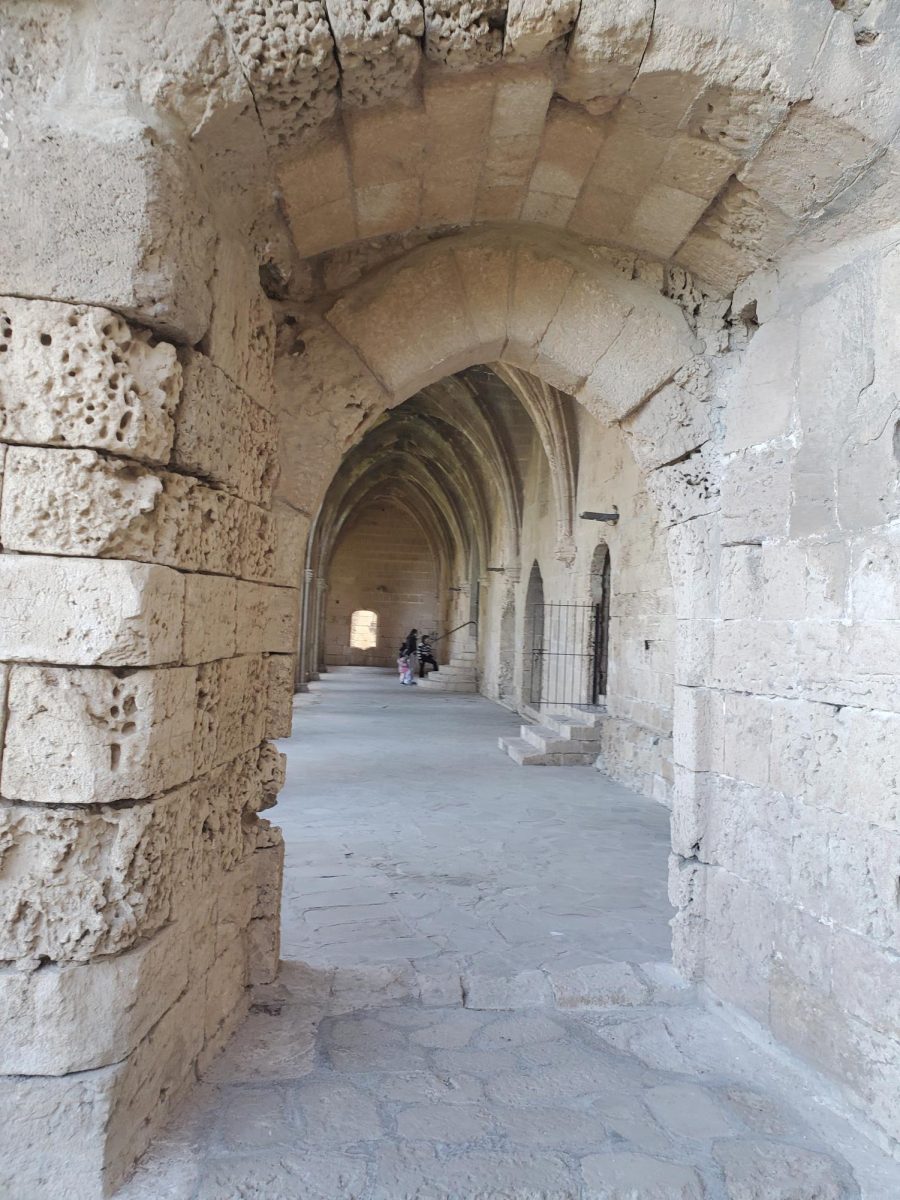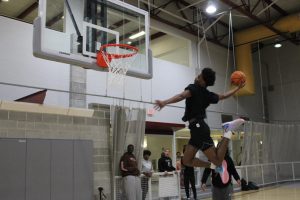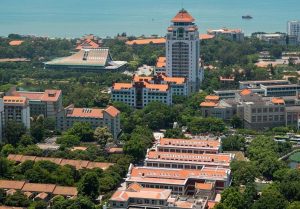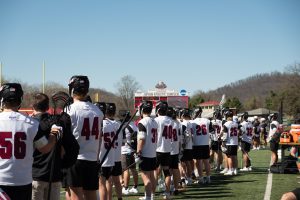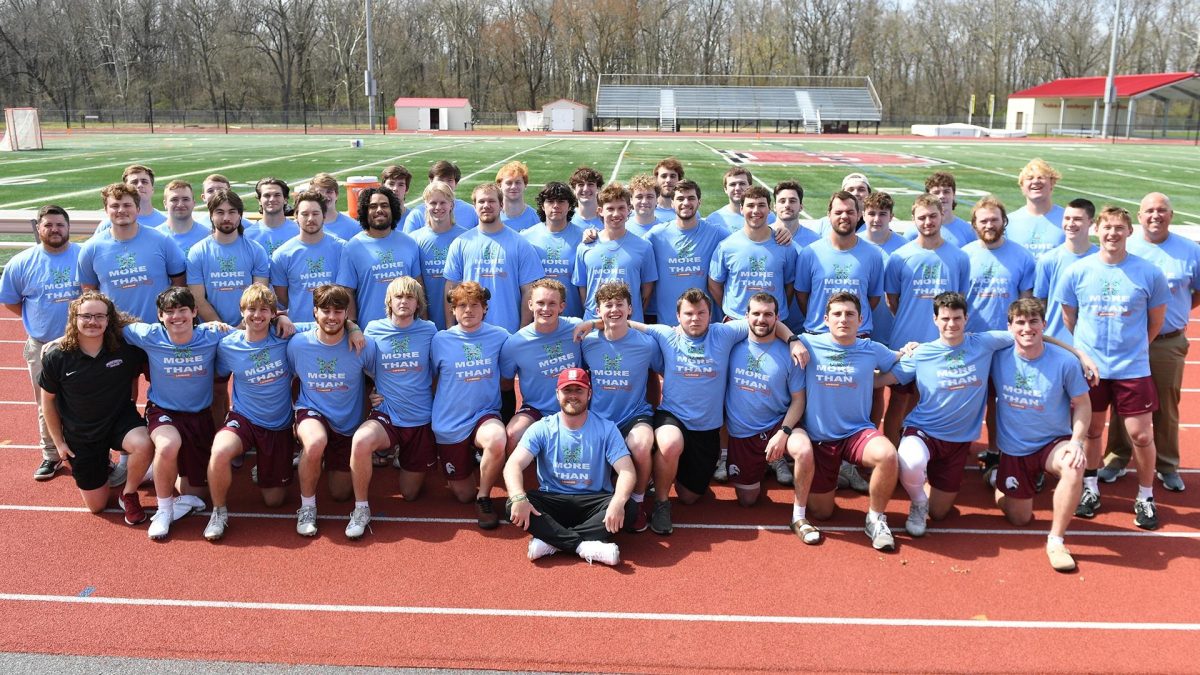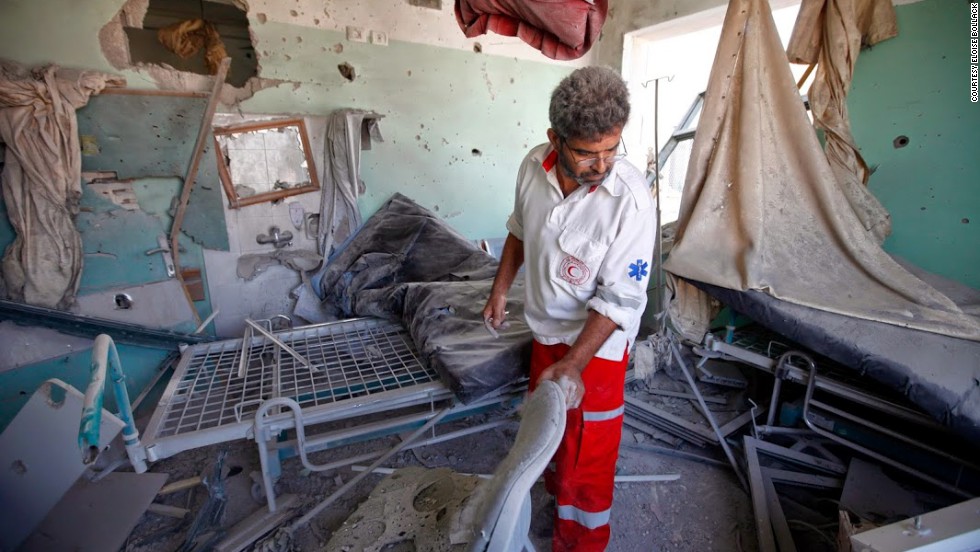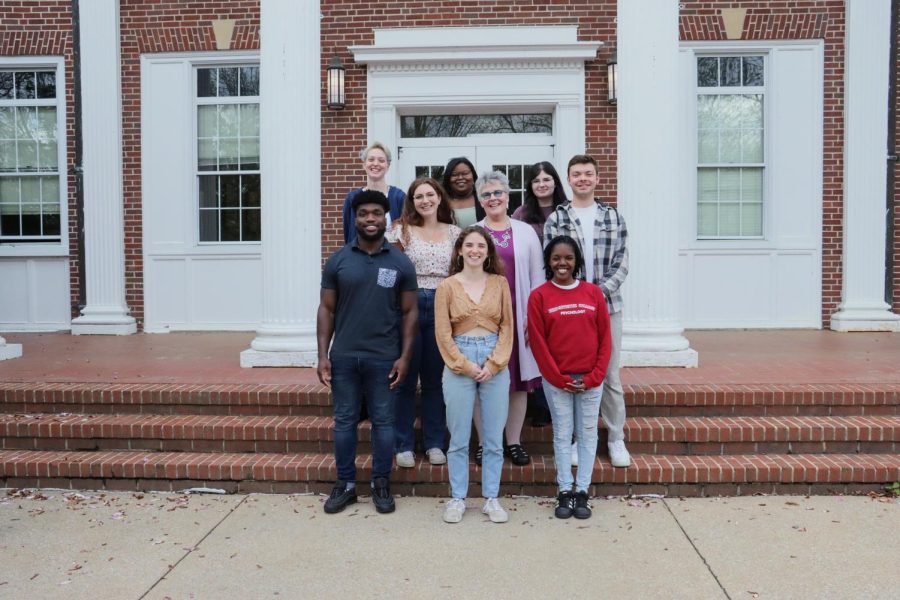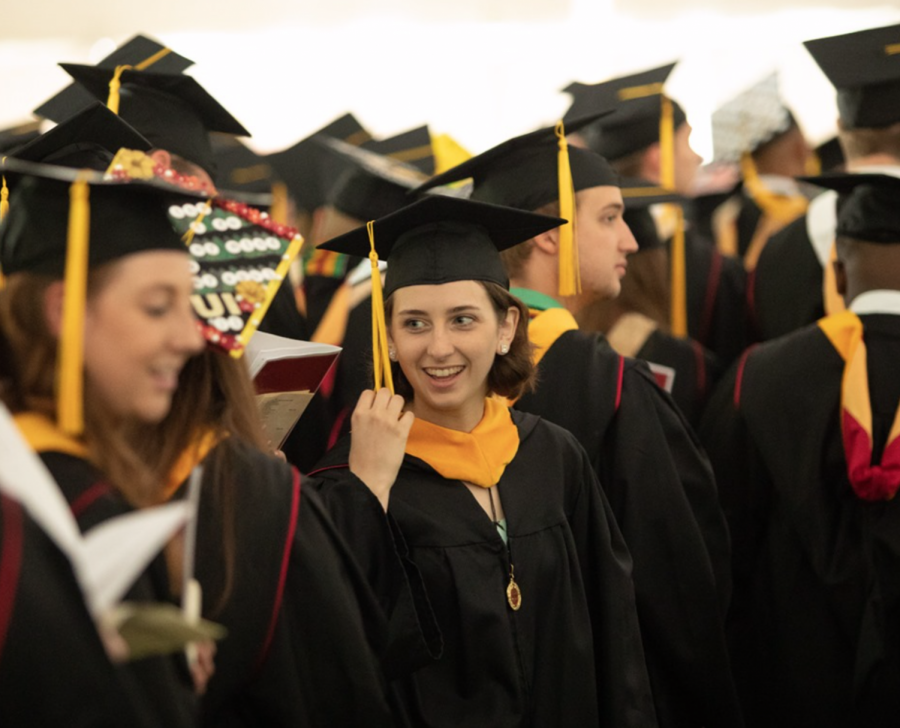Nicosia, Cyprus- After flying for almost 23 hours, the Munich plane touched the Cypriot ground. It was a relief to finally know the ground again after so long.
Leaving the terminal at the Larnaca airport, there were close to a hundred students who gathered together to wait the remaining hour to go to Nicosia, the capital. For most of us, this was our first time in Cyprus.
Our first week was an introduction to the country and a tour of the nearby neighborhood, as well as downtown. Many students from Global Semesters, the American study abroad program I am in, went out in the evenings to explore other areas.
Nicosia, known in Cypriot Greek as Lefkosía, has a long history. Nicosia was not the capital during Roman times but became the capital after the Third Crusade. In 1974, Nicosia became divided, becoming the capital of both the Republic of Cyprus and the Turkish Republic of Northern Cyprus, which is known to the Greek Cypriots as the Occupied Territory.
Throughout written history, Cyprus has been occupied by Egyptians, Persians, Macedonians/Ptolomiacs, Romans and Byzantines, Knights Templar, Frankish Lusignans, Venetians, Ottoman Turks and the British. The Ottomans relinquished control over the island to the British in 1878. In 1960, Cyprus gained independence but after a coup d’etat in 1974, Cyprus was divided. Fearing for the safety of the Turkish Cypriots, Turkey took control of the northern parts of the island.
Students at the University of Nicosia start school the second week of February and end the first week of June. Since the island is primarily Greek Orthodox, schools follow the Orthodox calendar, which places Easter in May and Christmas in early January. Even non-Orthodox Christian churches follow this calendar.
Every few weekends, Global Semesters takes the students to different cities across the island. These include Limassol in southern Cyprus, Troodos in the mountains, and Kyrenia in Turkish Cyprus.
Limassol had many beautiful sights, including Lemesos Castle, which held Richard the Lionheart’s wedding. Limassol Castle, which is believed to have been built by the Lusignan dynasty in 1193, has been expanded upon many times since its construction.
Troodos is a quaint mountain town south of Nicosia. We explored the town with the peddlers and cobblestone streets. Later, we spent time at the Lambouri Winery, which held a gorgeous view of the Troodos mountain range. Lastly, we ate lunch in Omodos Village and toured the beautiful Holy Cross Monastery.
To cross into Kyrenia in the occupied territory, we needed our passports. With a tour guide, we were first taken to the ruins of the gothic Bellapais Abbey and its now abandoned church in Bellapais Village.
Next, we were taken to Kyrenia Castle and Museum. The dungeons littered the underground and expansions brought forth buildings once outside the walls within the fortress itself. It also held the remains of a Greek millennium-old shipwreck found in the 1960s.
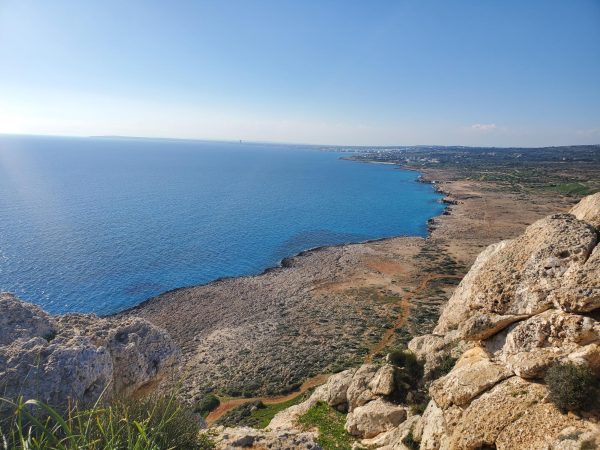
Along with a few others, we also visited the beach city of Ayia Napa in eastern Cyprus. We were able to spend time at the sea caves and explore the beaches surrounding the city. A few members of my group even jumped from the cliff into the water. I was not willing to risk it.
This past weekend, Global Semesters took us to Paphos, another beach city that also holds the second legal airport on the island along with Larnaca. The third airport in the north is not considered a legal exit point of the island by the EU. Arriving a day early, I was able to tour the beach in Paphos and see parts of the outer edge of the city.
We took a tour of the Tomb of Kings the next morning, which ironically held no royalty, and were scattered across the landscape. Some tombs resembled houses used by the Greeks. Those who were buried here were aristocrats of the Ptolemaic Empire.
It was a beautiful setting, with the sea in the background and the tombs marking the landscape. As we were able to enter most of the tombs, I explored most of the burial ground in detail and made my way through the linked tombs. There was little light, but enough to be able to see the inside with clarity.
Afterwards we walked to the Harbour to meet the coordinators for a tour of the House of Dionysus, which was owned by an unnamed Roman elite, though it was originally thought to have been the Governor’s Palace. The majority of the mosaics featured Dionysus, though some told different myths.
Many of the mosaics featured love stories within Greek mythology, only husband and wife Posiedon and Amphitrite were featured as a happy love story. Seeing the mosaics for Pyramus and Thisbe (the inspiration for Romeo and Juliet) and Apollo and Daphne was saddening. Both myths end in tragedy.
Going to the hotel, we settled in and were given free time to explore the city. The next morning, I went to church before heading out with a group to see the Adonis Baths Waterfalls, the god of love and Aphrodite’s lover. The Baths was a theme park, without the park rides Americans are used to, and was divided into two main sections. The upper Bath was the higher waterfall, but my group mainly stayed in the lower Bath. Most of us waded in the ice cold water, but other members of my group jumped in.
Greek Independence Day fell on that Monday, so many shops were closed, but most of the group took a walk around the Harbour.
My trip to Cyprus has been amazing and fun. Classes here do not have many similarities to classes in Nicosia. Like the UK, classes are called lessons, which is confusing when you also take instrumental lessons. Most classes are also only held once a week, for three hours and a little break. Though I struggled with the adjustment at first, I soon adapted and have gotten used to the pattern. Cyprus is beautiful, and no matter what, I will be eternally grateful for this chance.

